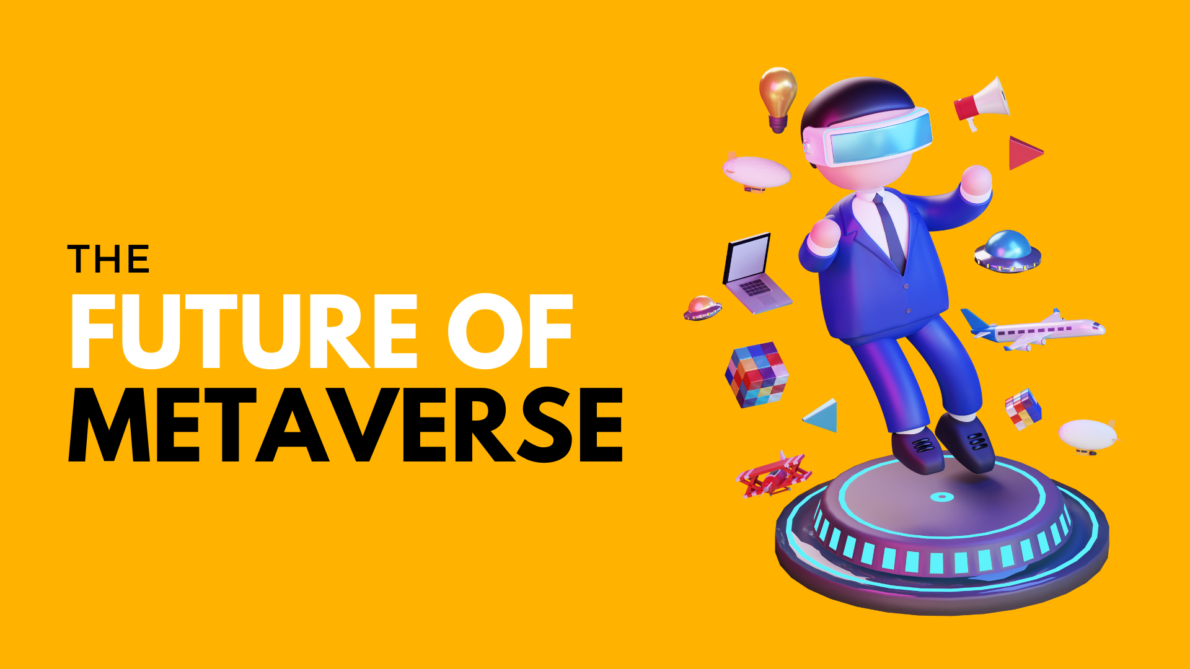In this article, I will share my insights on the metaverse and the future of immersive technologies. By definition, the metaverse is a hypothetical iteration of the Internet as a single, universal, and immersive virtual world. While AR/VR/MR/XR are related to the concept of the metaverse, they are not interchangeable terms.
The metaverse has become one of the most talked-about topics in recent years. Many people believe it to be the future of the internet, a place where people can interact with each other in a completely virtual world. In this article, we will explore the metaverse in-depth, discussing its history, potential, and the challenges that must be overcome to make it a reality. The current trend of using the term metaverse as a replacement for immersive technologies is a common mistake. A metaverse is not a single technology, but a place that uses VR and other solutions to create a unified virtual space. There are existing metaverses such as Steam, Roblox, and Meta, which offer unique experiences and opportunities for users.  However, the virtual world also faces challenges, such as companies shutting down teams, losing stock value, and laying off employees. To overcome these challenges, the industry needs to focus on software development and use immersive technologies in real cases. Additionally, universities and academic institutions should offer more licenses and open-source resources to enable more users to learn and create for free.
However, the virtual world also faces challenges, such as companies shutting down teams, losing stock value, and laying off employees. To overcome these challenges, the industry needs to focus on software development and use immersive technologies in real cases. Additionally, universities and academic institutions should offer more licenses and open-source resources to enable more users to learn and create for free.
In the coming months, the market for immersive technologies may shrink, and only the best specialists will remain. The Metaverse has enormous potential in many areas, including entertainment, education, healthcare, and social interaction. It offers a unique opportunity to create immersive experiences that can help people learn, socialize, and work more effectively. In the entertainment industry, the Metaverse could become the next big thing, offering a new platform for video games, movies, and other forms of media. It can also provide a platform for virtual concerts, festivals, and other events, allowing people from all over the world to attend. However, Apple’s entry into the market can change the landscape with its expertise in hyping a large audience and creating a demand for their products. Therefore, creating apps for Apple’s headsets will be profitable and lead to more software, which will attract more buyers.
In conclusion, despite the fluctuations in the virtual world, immersive technologies are here to stay. The metaverse has the potential to completely revolutionize the way we interact with each other and the internet. While there are many challenges that must be overcome, the benefits of a fully-realized metaverse are too great to ignore. As technology continues to advance, it is likely that we will see significant progress towards the creation of a metaverse in the coming years. It is worth being associated with these topics to avoid a decline like Nokia. At Leocode, we will strive to gain trust with our clients and contribute to the development of the metaverse.
